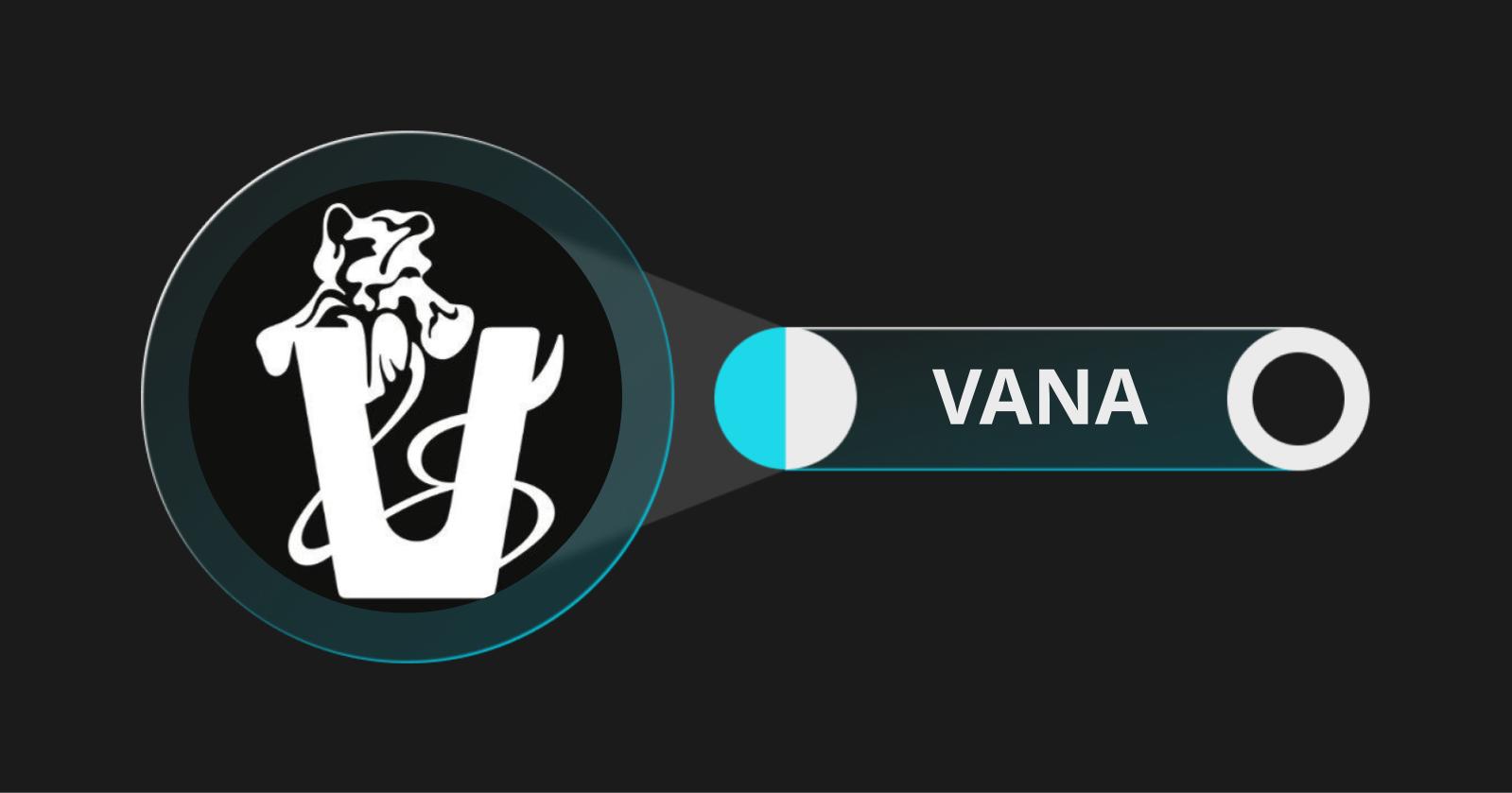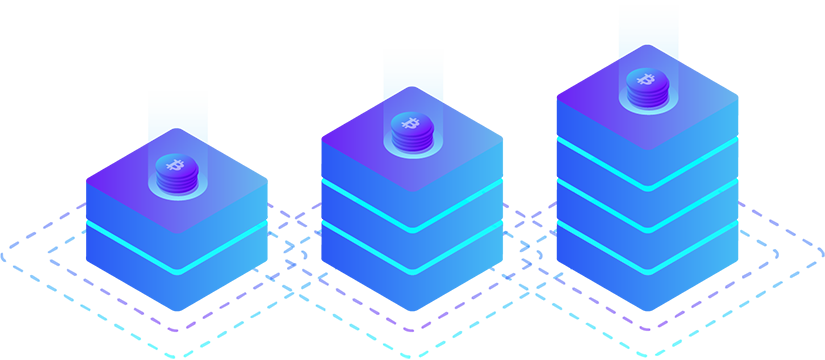
Vana Protocol, Pioneering Privacy
Ownership in the Data Economy
In the age of digital dominance, where data is the new oil and personal information is constantly harvested and monetized, Vana Protocol emerges as a beacon of decentralized privacy, ownership, and utility. Developed by Open Data Labs, Vana empowers individuals to own, control, and earn from their data, reshaping the way data is accessed, shared, and valued.
https://www.vana.org/
Vana is a decentralized, EVM compatible protocol that establishes a new paradigm in the digital economy: one where users are the rightful custodians of their personal data. Rather than surrendering sensitive information to centralized platforms, Vana enables users to retain sovereignty while participating in a fair, transparent, and incentivized data economy.
At the heart of this ecosystem are Data Liquidity Pools (DLPs), dynamic structures that allow users to aggregate, validate, and tokenize their data into valuable digital assets. This architecture unlocks a new market for data monetization, AI development, and decentralized applications.
Vana’s Privacy First Framework
- Trusted Execution Environments (TEEs): Vana ensures data privacy through Trusted Execution Environments, hardware based enclaves that allow sensitive computations to be performed securely and privately. TEEs isolate data from the host system and third parties, ensuring no unauthorized party can access raw personal information even during processing.
- Zero-Knowledge Proofs (ZKPs):To enhance privacy and data integrity, Vana leverages Zero-Knowledge Proofs, a cryptographic technique that allows a user to prove a fact without revealing the underlying data. This ensures that users can participate in verification processes and transactions without exposing private details, a major innovation in preserving anonymity within decentralized systems.
- Proof of Contribution (PoC): To maintain data quality and ethical standards, Vana implements Proof of Contribution, a system that evaluates and validates the utility and relevance of user-contributed data. Unlike traditional Proof of Work or Proof of Stake models, PoC emphasizes data integrity over computational or financial power.
Key Features and Advantages
- Data Ownership & Control: Vana redefines digital rights by placing data ownership back in the hands of individuals. Users decide where, when, and how their data is used.
- Data Monetization: Through DLPs, users can contribute data to specific pools and earn $VANA tokens or pool specific incentives. This introduces a sustainable income stream from a previously exploited resource.
Decentralized AI & AppDevelopment: By aggregating anonymized, high quality datasets, Vana supports the training of AI models and development of data driven applications in a secure, permissionless way.
Data Trading & Derivatives: Vana’s financial layer enables data trading, staking, and derivatives, creating market mechanisms for information while upholding user privacy and compliance.
Governance Rights: Holders of $VANA and DLP specific tokens are granted governance privileges, allowing them to vote on key decisions, propose improvements, and shape the protocol’s evolution.
EVM Compatible Infrastructure: Vana is built on an EVM compatible blockchain, ensuring seamless interoperability with Ethereum based tools and dApps, and allowing developers to integrate with ease.
Vana isn’t just a protocol, it’s a vision for a new digital economy rooted in fairness, privacy, and empowerment. As concerns around surveillance capitalism and unethical data harvesting intensify, Vana offers a compelling alternative: a privacy preserving, user-first data network where value flows to creators, not platforms.
Looking ahead, Vana aims to:
- Expand its network of DLPs for sectors like healthcare, finance, and social media.
- Foster collaborations with AI developers and ethical tech builders.
- Enhance its privacy stack through advanced ZKPs and MPC (Multi-Party Computation).
- Establish itself as the go to infrastructure for decentralized data markets.
Vana Protocol represents more than a technical innovation, it’s a movement toward data liberation.
